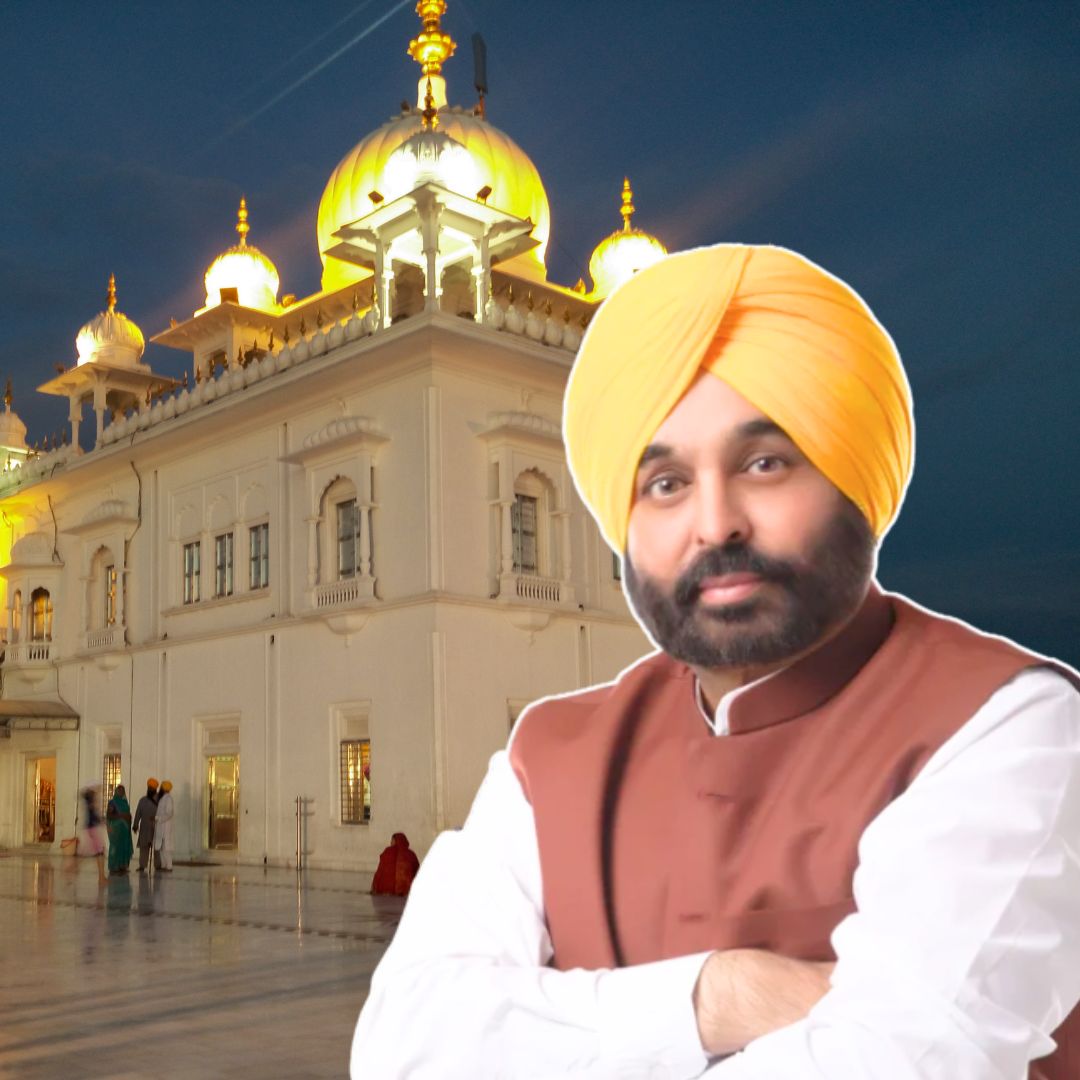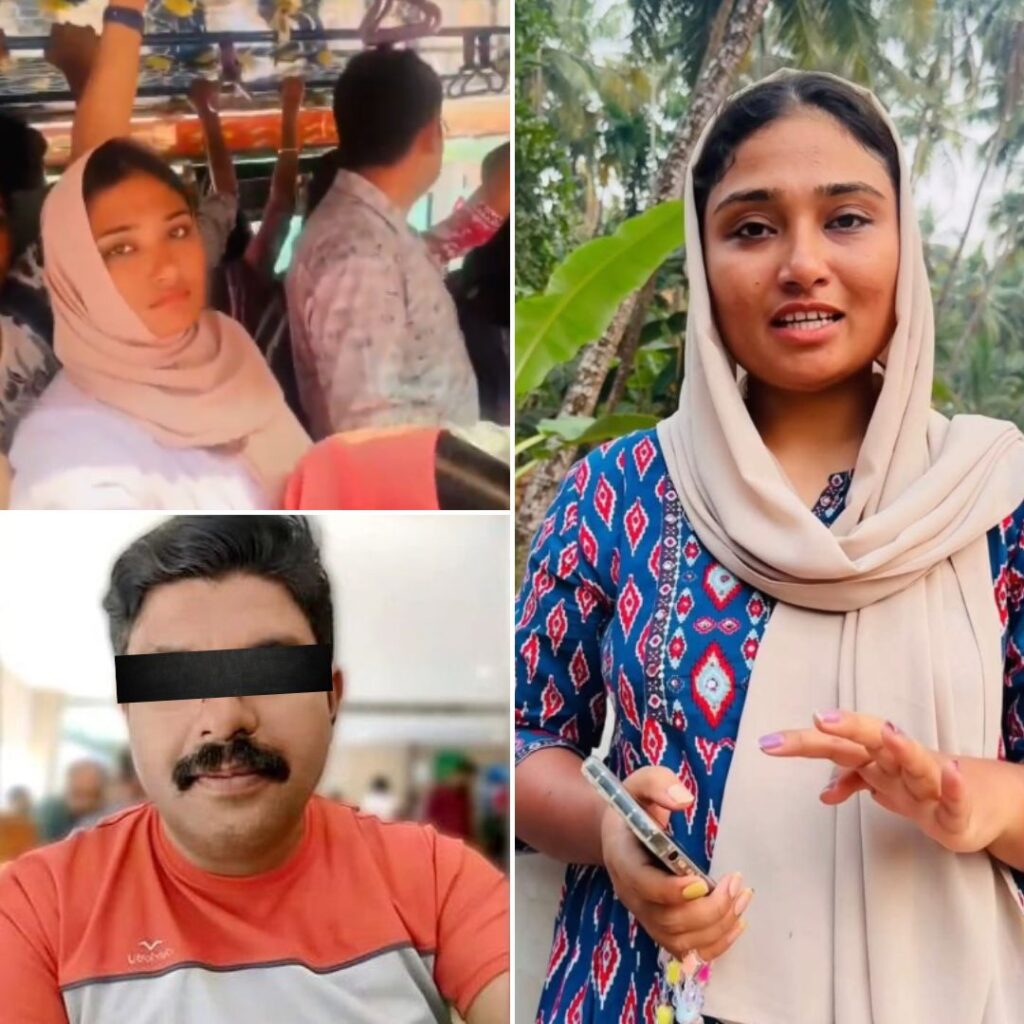The Punjab government has unanimously declared the walled city of Amritsar (Old), Anandpur Sahib, and Talwandi Sabo as holy cities in a special session of the state assembly held at Anandpur Sahib.
The decision, made to mark the 350th martyrdom anniversary of Guru Tegh Bahadur, bans the sale and use of meat, liquor, tobacco, and other intoxicants within the boundaries of these towns.
This historic move, hailed as fulfilling a long-standing demand of millions of devotees, aims to preserve the religious sanctity and cultural heritage of these Sikh sacred sites.
The announcement was made by Chief Minister Bhagwant Mann, with AAP National Convenor Arvind Kejriwal expressing strong support, praising the step as a tribute to Sikh traditions and the legacy of the revered Gurus.
Historic Significance and Background
This special one-day session was the first Punjab Assembly meeting held outside Chandigarh, symbolically held in Anandpur Sahib on the occasion of Guru Tegh Bahadur’s 350th martyrdom anniversary.
The declared holy cities, Amritsar, Anandpur Sahib, and Talwandi Sabo, are home to three of the five Sikh Takhts or seats of authority: Akal Takht in Amritsar, Takht Keshgarh Sahib in Anandpur Sahib, and Takht Damdama Sahib in Talwandi Sabo. The remaining two Takhts are located in Maharashtra and Bihar.
The government emphasised that this designation formalises practices already followed voluntarily by devotees, now becoming legally enforceable bans to uphold the sanctity of these towns.
Development Plans and Governance
Chief Minister Bhagwant Mann pledged focused efforts for infrastructure development, cleanliness, security, and the promotion of religious tourism in these newly designated holy cities. The government will allocate dedicated budgets and seek Central funding to ensure the upkeep and global recognition of these spiritual hubs.
An interfaith committee comprising representatives of various faiths will oversee religious matters within these cities, fostering harmony and cooperation. Mann highlighted that these cities are not only religious centres but also represent the civilisational heritage of Punjab.
Former Delhi Chief Minister Arvind Kejriwal, present during the assembly session, credited this step to the Bhagwant Mann-led government and emphasised its importance in fulfilling emotional and spiritual sentiments of the people.
Guru Tegh Bahadur’s 350th Martyrdom Anniversary
The 350th martyrdom anniversary of Guru Tegh Bahadur, the ninth Sikh Guru, is being commemorated in 2025 with grand ceremonies across Punjab and India. Guru Tegh Bahadur is revered for his supreme sacrifice in November 1675, when he bravely opposed Mughal Emperor Aurangzeb’s persecution to defend religious freedom and human dignity.
His martyrdom is a symbol of courage and the right to practice one’s faith without fear, earning him the title ‘Hind Di Chadar’ (Protector of India). T
he anniversary has inspired large-scale congregations, religious processions, and historic events marking his legacy of peace, sacrifice, and interfaith respect. This milestone offers an opportunity to remember and honour the Guru’s teachings that continue to inspire millions today.
The Logical Indian’s Perspective
The official recognition of these sacred towns as holy cities with tangible measures to protect their religious environment is a powerful affirmation of Punjab’s spiritual heritage.
While respecting these cultural landmarks is vital, constructive dialogue is necessary to balance faith-based regulations with inclusive governance, community needs, and economic development. The formation of interfaith committees suggests a progressive approach to fostering coexistence.













